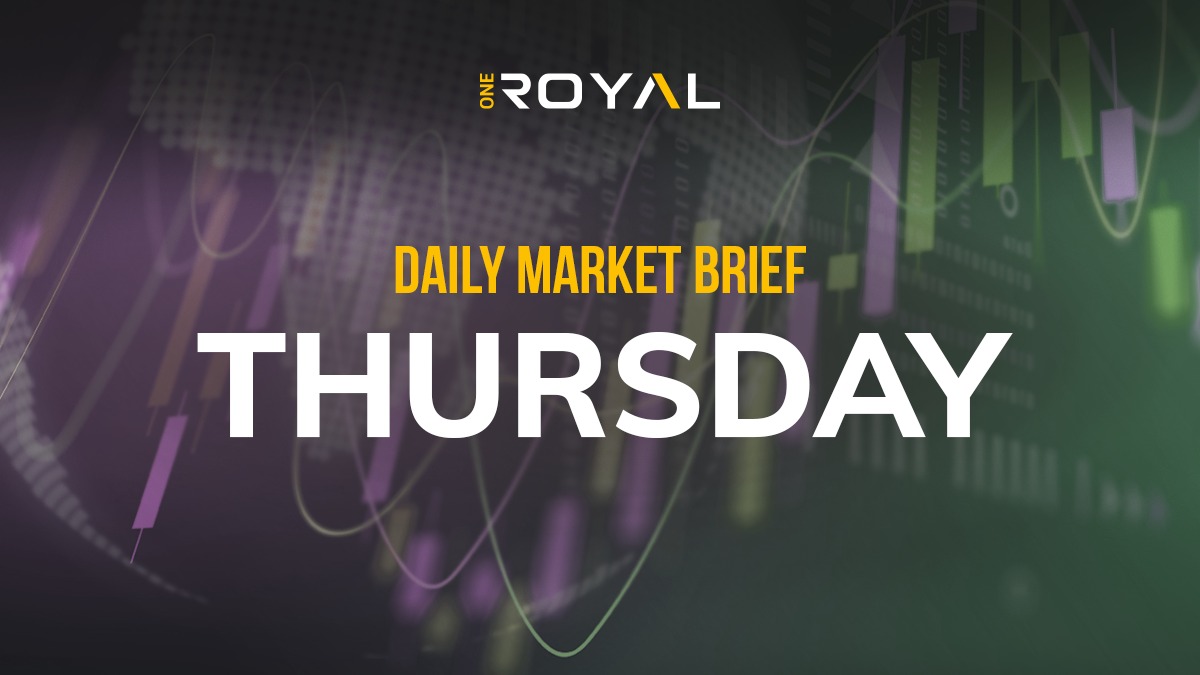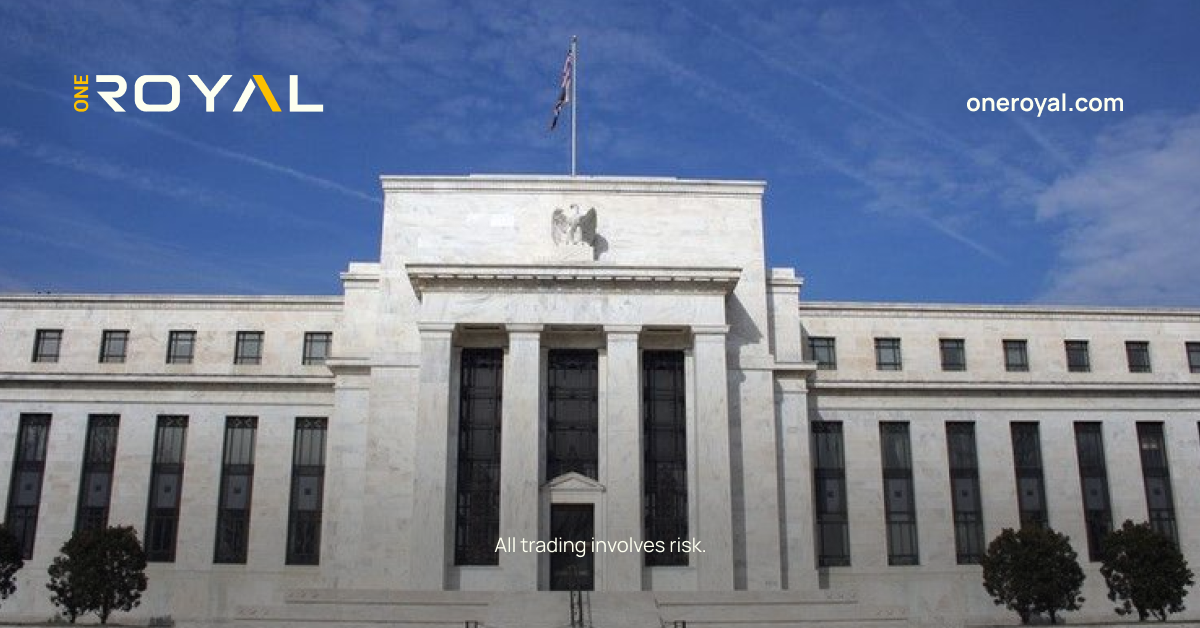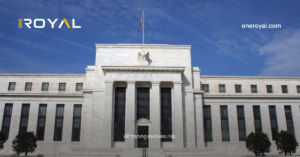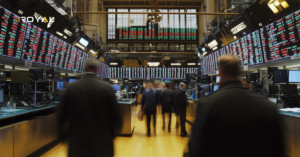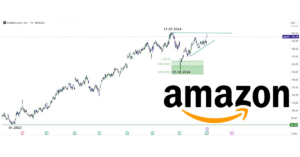Bank of Canada Raises Interest Rates to the Highest Level Since 2008.
The Canadian Central Bank announced yesterday, Wednesday, its decision to raise the interest rate for the eighth time in a row by 25 basis points from 4.25% to 4.50%, the highest level since 2008. BoC has raised a total of 425 basis points within 10 months in efforts to control inflation. Canada’s annual inflation peaked at 8.1% last summer before slowing to 6.3% last December, but still well above the central bank’s target of 2%.
The Board of Governors expects interest rates to stabilize at the current level if the economy grows as expected while assessing the impact of cumulative interest increases. However, as announced in the monetary policy statement yesterday, the bank will stand ready to raise rates to bring inflation back to target.
BRICS to Discuss Establishing a Common Currency in August Meeting.
Russian Foreign Minister Sergey Lavrov announced that the next BRICS summit, which will be held at the end of August, will discuss the establishment of a unified currency for the BRICS countries (Brazil, Russia, India, China, and South Africa).
“This is the direction in which the initiatives appeared only days ago regarding the need to think about creating private currencies within the BRICS group of countries, and within the Community of Latin American and Caribbean States, Lavrov said in a press conference.
Lavrov said that this will undoubtedly be on the agenda of the BRICS summit that will take place in the Republic of South Africa at the end of August, where a group of African countries was invited, including President Lourenco of Angola.
Lavrov declared that his country would eliminate the Western financial system, but it would take time. Lavrov noted that Russia would do everything measure to reach complete independence and get rid of the Western financial system.
He also stressed that Washington wanted to use the dollar alone to attract markets to its advantage.
The Foreign Minister accused the White House of targeting the Russian economy and creating pressure on the country. “The West has lost its credibility as a partner; We will recover Russian assets,” he added.
Tesla Earnings Increased in Q4 of 2022.
The American electric car company, Tesla, announced its quarterly business results for the last quarter of 2022, through which it recorded higher-than-expected revenues and profits.
Adjusted earnings for Tesla were about $1.19 per share, while analysts had expected earnings of $1.13 per share, compared to about $2.52 per share in the third quarter.
As for revenue, it jumped to 24.32 billion dollars, the highest record revenue in the company’s history. It also exceeded expectations at 24.16 billion dollars after revenues of about 17.72 billion in the third quarter.
Oil Rises, Supported By a Less-Than-Expected Increase in US Inventories.
Oil prices rose in early Asian trading on Thursday, January 26, after a less-than-expected increase in US crude inventories. The decline in the dollar made oil less affordable for buyers of other currency holders. Brent crude futures rose 12 cents to $86.24 a barrel, while US crude futures rose 30 cents to $80.45 a barrel.
The US Energy Information Administration said that crude stocks increased by 533 thousand barrels to 448.5 million barrels in the week ending January 20. The numbers came far less than expectations of an increase of one million barrels. But despite the smaller-than-expected increase, crude inventories reached their highest since June 2021. Prices also received support from the decline of the US dollar, which fell against the euro on Wednesday.
One of the factors preventing the rise in oil prices is the fear of a global economic slowdown, which will undermine the demand for fuel.
The US Dollar Approaches its Lowest Level in 8 Months.
The US dollar settled near its lowest level in 8 months against major currencies Thursday, January 26, as a bleak season for US corporate earnings fueled recession fears, and investors await next week’s Federal Reserve meetings. The dollar index rose % to 101.65 after falling to 101.52 earlier in the session, nearing its lowest level in 8 months which it reached last week at 101.51.
Due to Australia’s public holiday and several regions of Asia’s ongoing Lunar New Year celebrations, trading was light.
Investors have lowered their expectations for how long the Federal Reserve will need to continue raising interest rates aggressively as a result of declining earnings, pessimistic anticipations from US companies, and a chain of layoffs in the technology sector that added to fears of a dramatic economic downturn in the US.The Federal Reserve’s Policy Committee will begin two-day meetings next week, and markets expect a 25bp rate hike, lower than the central bank announced last year when it hiked rates by 50bps and 75bps.
The markets are anticipating the Bank of England and the European Central Bank to raise interest rates by 50 basis points the following week. It’s probable that the European Central Bank will keep restricting the currency.
The pound sterling traded at $1.2400, whereas the euro dropped 0.03% to $1.0911, although it remained close to its 9-month high of $1.0927, which it had reached at the beginning of the week.
USD/CAD reached 1.3399 following the latest interest rate decision of the Bank of Canada. BoC raised the primary interest rate yesterday, Wednesday, to 4.5%.
The Australian dollar rose 0.2% to $0.7117 along with rising speculation that Australia’s Reserve Bank may increase interest rates. The shocking data yesterday indicated that inflation in the nation rose to its highest level in 33 years in the past quarter; This would increase the likelihood of the continuity of tightening the monetary policy.
Disclaimer: This article is not investment advice or an investment recommendation and should not be considered as such. The information above is not an invitation to trade and it does not guarantee or predict future performance. The investor is solely responsible for the risk of their decisions. The analysis and commentary presented do not include any consideration of your personal investment objectives, financial circumstances, or needs.
